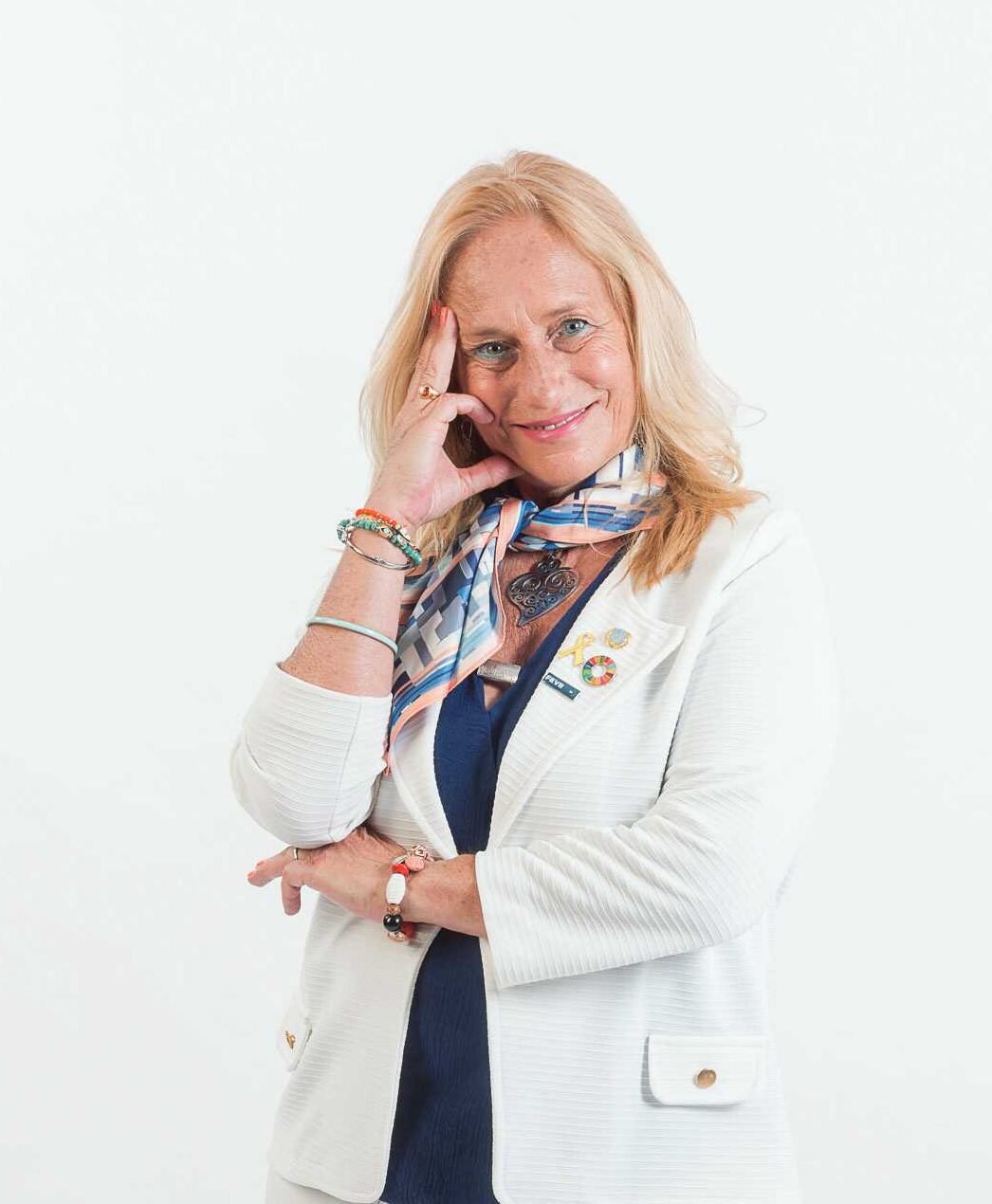

Fátima Pereira da Silva, Board Member (ICADTS); (EWDTS) and Member Traffic Psychology International (TPI) is a Traffic safety professional from Portugal with more than 35 years of experience in Traffic psychology. She is also a professor at the Polytechnic University of Coimbra, teaching Organizational Psychology for many years. During a virtual interview with Trafficinfratech, Fátima stressed the importance of traffic psychology in saving lives and how she wants to spread the program about Driver Alcohol Detection System for Safety (DADSS) worldwide. Fátima says she is a happy woman because she is doing what she loves to do.
I became part of different international organizations including The International Council on Alcohol, Drugs and Traffic Safety (ICADTS), European Workplace Drug Testing Society (EWDTS) and Traffic Psychology International (TPI). I think we need to be together, exchange knowledge and work during the second decade of road safety, meeting challenges until 2030.
I am a woman who fights for a better world. I have had different opportunities to be an invited speaker, reviewer, chair and co-chair at different scientific conferences around the world. I have also published articles and organized events and conferences. Next year I will have one big challenging event to organize here in Portugal. I fight with energy, and passion and I try to promote cooperation between entities, people and the youth. To make this happen, we need to live in a better world without crashes and serious injuries, and for this, it is necessary to work hard.
I have received different awards including the ‘Merit Award’ in the ‘Entrepreneurship’ category by the International Association of Women Entrepreneurs Europe & Africa. Last year I was honoured with the “Mi ejemplo educa” by AIPSEV at the IV International Congress of Professionals for Road Safety and Education (CIPSEVI) in Madrid. “Miejemploeduca” in Spanish means ‘someone who does different things to try and educate others in different ways”.
Obviously, in all innovations for road safety education, we need to be creative. I think to be creative, it is not necessarily to do new things always, sometimes it is doing the same things in different ways.
Working Together
In Portugal we have done some work, but there is so much more to do. We need to implement ‘The Global Plan for Decade of Action for Road Safety’ until 2030 and for this, it is necessary for all the governments worldwide, communities, NGOs, and people to work together. We have a lot of challenges but the one project I really want to speak about is ‘a world without drunk drivers’.
I am a consultant with the Automotive Coalition for Traffic Safety (ACTS) and one of my main goals is to spread worldwide the program Driver Alcohol Detection System for Safety (DADSS). This is a vehicle-integrated alcohol detection technology which has a passive detecting system to evaluate the alcohol concentration in the driver. This technology is designed to be fast, correct, reliable and affordable.
This program is a collaborative research effort between ACTS which represents the leading automobile makers and the National Highway Traffic Safety Administration (NHTSA).
DADSS combine two different technologies: one is the breath system where the main goal is to measure alcohol in a non-invasive way, so the driver will breathe normally and the car will detect if he is under the influence of alcohol or not. The other is the touch system: this technology uses tissue spectroscopy to measure blood alcohol levels under the skin’s surface by shining an infrared light through the fingertip or palm of the driver. It is being designed for integration into current vehicle controls, such as the gear shift, start button or steering wheel, and take multiple, accurate readings in a matter of seconds.
We published an article ‘In-vehicle Technology to Prevent Drunk Drivers’ last year. The survey shows that 73% of the respondents say it is a very good technology for saving lives. A leading mobility technology partner has announced the introduction of breath and camera-based pre-development technology that combines sensors.
One of the next challenges in 2025 will be the 24th International Council on Alcohol, Drugs and Traffic Safety (ICADTS) Conference which will take place in Alcobaça, Portugal from 15 to 18 June with the theme: ‘Time for Change: Traffic Safety for a Sustainable World’.
The ICADTS is a global worldwide organization, and our aim at this conference is to gather all the researchers in the field and get all the governments together in trying to prevent alcohol and drugs because we know this is an issue and it is a problem in road safety.
Future challenges also include developing road safety education programmes at all levels of education. As head of international relations for the International Association of Road Safety Professionals (AIPSEV) based in Spain, I am developing these educational programmes in Spain through the VIA project – World Road Safety Education Programme for a New Generation, to educate young people about safer road behaviour. The VIA programme aims to do just that, with the support of the Michelin Foundation in Spain and the collaboration of the International Association of Road Safety Professionals as the national partner.
Very important to convince organizations to adopt a road safety culture through certified practices such as implementing ISO 39001 Standard for Road Safety.
Happy cities and places will be our challenge. What we need for a happy city is that it will be a very nice place to live, obviously with safety and different modes of transportation. We have to be careful about the next generation and always work with young people. We also need to promote more post-crash support and find out what has happened to the bereaved families. It is very important to promote a world with good infrastructure for handicapped people, and vulnerable users. And not to forget the driving professional too.